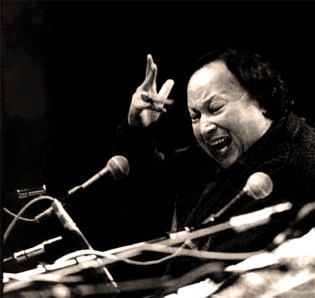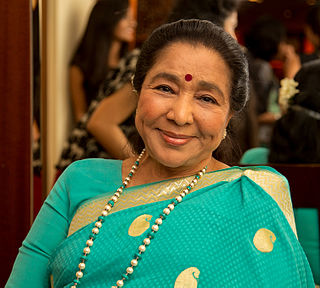A Quote by Peter Høeg
I've had the privilege of learning foreign languages. Instead of merely speaking a watered-down form of my mother tongue, like most people, I'm also helpless in two or three other languages.
Related Quotes
I work in Hebrew. Hebrew is deeply inspired by other languages. Not now, for the last three thousand years, Hebrew has been penetrated and fertilized by ancient Semitic languages - by Aramaic, by Greek, by Latin, by Arabic, by Yiddish, by Latino, by German, by Russian, by English, I could go on and on. It's very much like English. The English language took in many many fertilizations, many many genes, from other languages, from foreign languages - Latin, French, Nordic languages, German, Scandinavian languages. Every language has influences and is an influence.
When I was quite young I fondly imagined that all foreign languages were codes for English. I thought that "hat," say, was the real and actual name of the thing, but that people in other countries, who obstinately persisted in speaking the code of their forefathers, might use the word "ibu," say, to designate not merely the concept hat, but the English word "hat." I knew only one foreign word, "oui," and since it had three letters as did the word for which it was a code, it seemed, touchingly enough, to confirm my theory.
All the kids are learning different languages. I asked them what languages they wanted to learn, and Shi is learning Khmai, which is a Cambodian language; Pax is focusing on Vietnamese, Mad has taken to German and Russian, Z is speaking French, Vivienne really wanted to learn Arabic, and Knox is learning sign language.
The benefits of becoming fluent in a foreign tongue are as underestimated as the difficulty is overestimated. Thousands of theoretical linguists will disagree, but I know from research and personal experimentation with more than a dozen languages that (1) adults can learn languages much faster than children when constant 9-5 work is removed and that (2) it is possible to become conversationally fluent in any language in six months or less. At four hours per day, six months can be whittled down to less than three months.





































